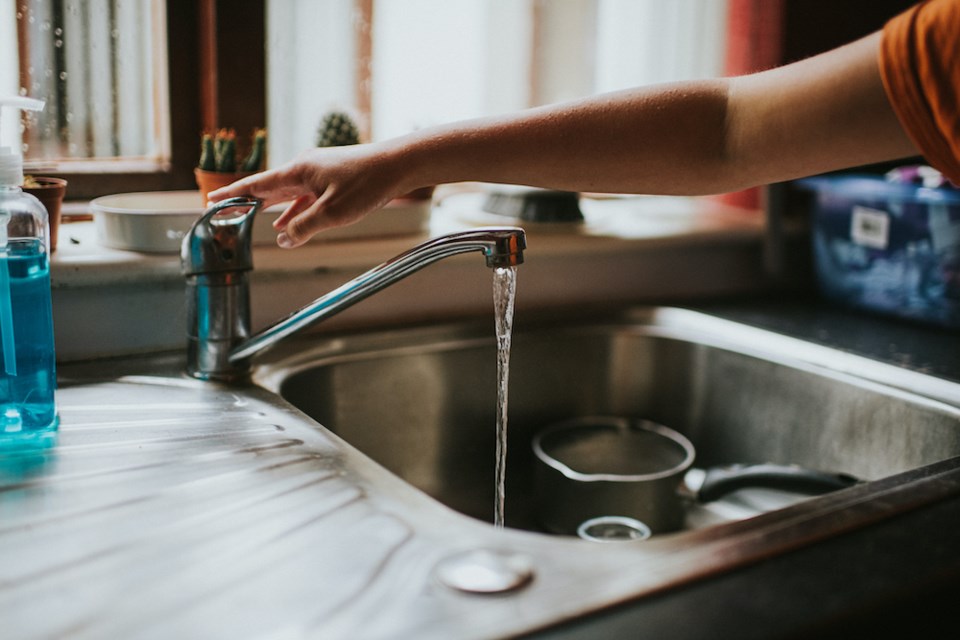The climate news this summer has been grim: Extreme flooding across Pakistan. A dried-out Danube River. Harsh drought in China. Each story illustrates the precarious state of the anthropocene. It is naive to think Vancouver is immune to such risks. Drought, for one, is not likely to be a common worry for many Vancouverites, but as Vancouver Island residents are now experiencing, it is something that could hit close to home.
From a mitigation perspective, a little water conservation goes a long way. Many of the practices are low-cost. A few changes of habit now can help Vancouver retain a watery status quo down the road. Here are some conservation ideas that can be easily implemented. By no means exhaustive, this is the tip of the proverbial iceberg.
House & bath
Whether you own or rent, homes are at risk of leakage. Taps, indoors and out, leak vital water. One drippy faucet adds up to gallons of waste per day. Check annually for leaks that need fixing.
If you’re like me, you like a luxuriant soak in a tub. And like me, you know it is a habit that needs breaking. Short showers save gallons of water compared to baths. Turning the taps off when brushing your teeth and washing your hands is a reminder we could all use from time to time. Consider this yours.
Kitchen
Giving your fruits and veggies a bath is not water-smart. Add a bucket to the sink before cleaning produce and collect the water, which can then be used to give plants a drink. Reuse pasta water for a soup base instead of dumping the stuff.
Eating habits
I won’t lecture about what you should or should not eat, so here’s a simple consideration for your next trip to the grocer: your food has a water footprint — the amount of water used in the making and transport of food. Consider these costs of the food on your shopping list and decide if it's worth it to have berries from Mexico or potato salad from Ontario.
Lawn & gardens
If you must water your lawn, (hint: you do not), heed the latest local restrictions. Avoid watering on windy days. Rain barrels collect rainwater which is perfect for watering plants and flowers. Consider xeriscaping, landscaping that does not require irrigation, to eliminate the To Green or Not to Green battle outright.
Cars
Car owners love a shiny ride, but it’s a waste of water. If you must keep your wheels looking cherry, try one of these: recycled-water car washers, like Shine Auto Wash, use less fresh water which cuts the costs to you; wash your car on your (hopefully brownish) lawn so that the water goes back to the soil; Or learn to love a dirty looking vehicle.
The future of our water is not squarely on you, so here are some examples of water conservation in action throughout Vancouver. Langara, McCleery, and Fraserview golf courses are allotted an annual water budget and work with the Vancouver Board of Parks and Recreation to find new conservation means; UBC has a Water Action Plan that aims to decrease water use intensity by 24 percent in 2030. The Vancouver Aquarium collects rainwater to minimize its fresh water use. Science World offers engaging water education activities for families, a good way to normalize water conservation.
Consider implementing some of these tips into your daily life. If the results aren’t enough motivation to keep conserving, look back at pictures of the Danube this summer and imagine that as the reality in B.C.



